12 Most Controversial Episodes in TV History

These TV moments stirred up quite a storm.
1. "Maude: Maude's Dilemma" (Season 1, Episodes 9 & 10)
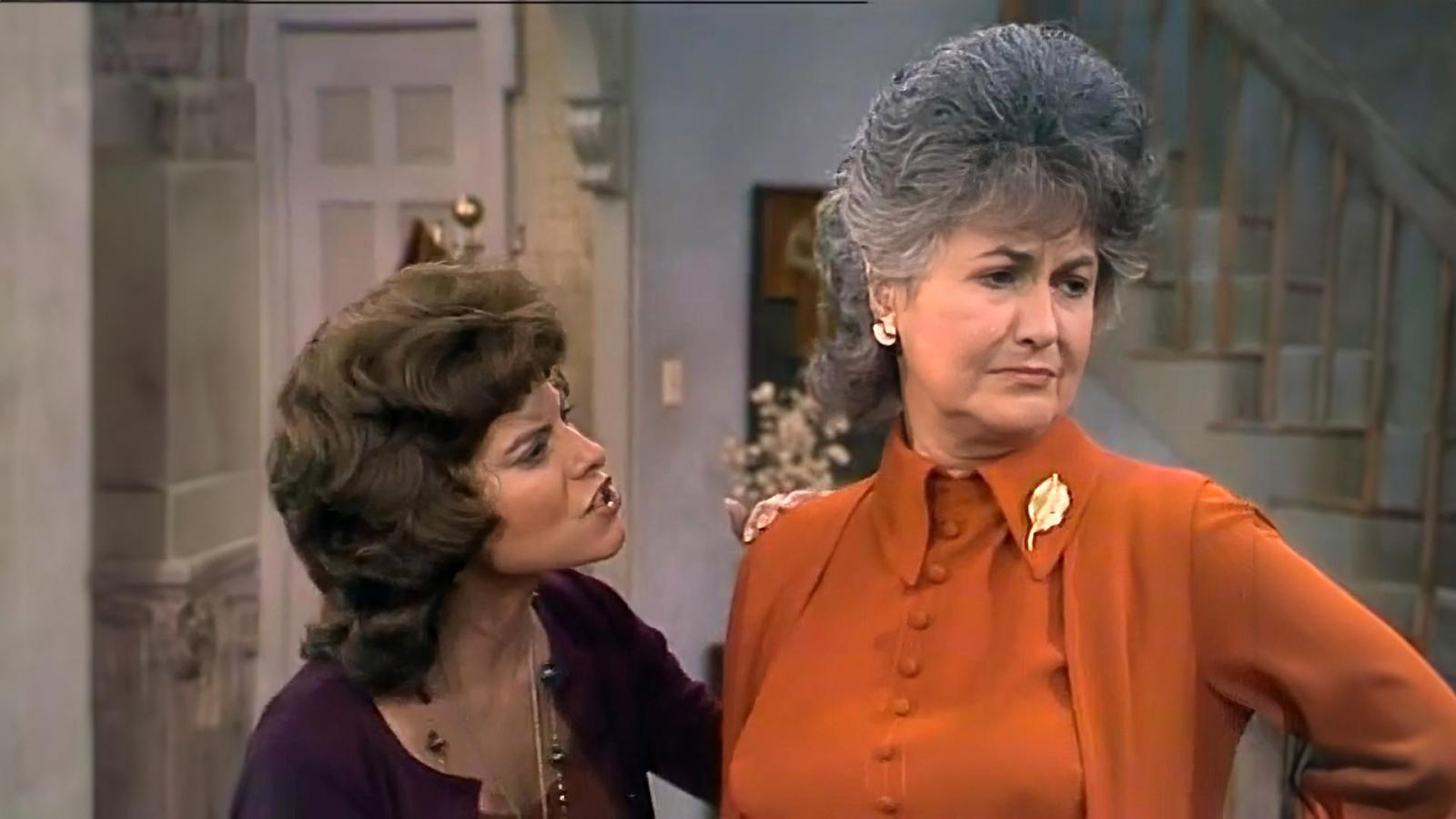
This two-part episode of the 70s sitcom "Maude" was groundbreaking for its time, yet it sparked a significant amount of controversy. In it, Maude, a 47-year-old woman, realizes she's pregnant and wrestles with the decision to have an abortion.
While this seems like standard fare today, discussing abortion on network television in 1972 – just a year before the Roe v. Wade decision – was nothing short of revolutionary. Not surprisingly, the show was met with countless protests and a barrage of hate mail, despite the fact it handled the topic with a level of nuance that's still impressive today.
2. "South Park: Trapped in the Closet" (Season 9, Episode 12)
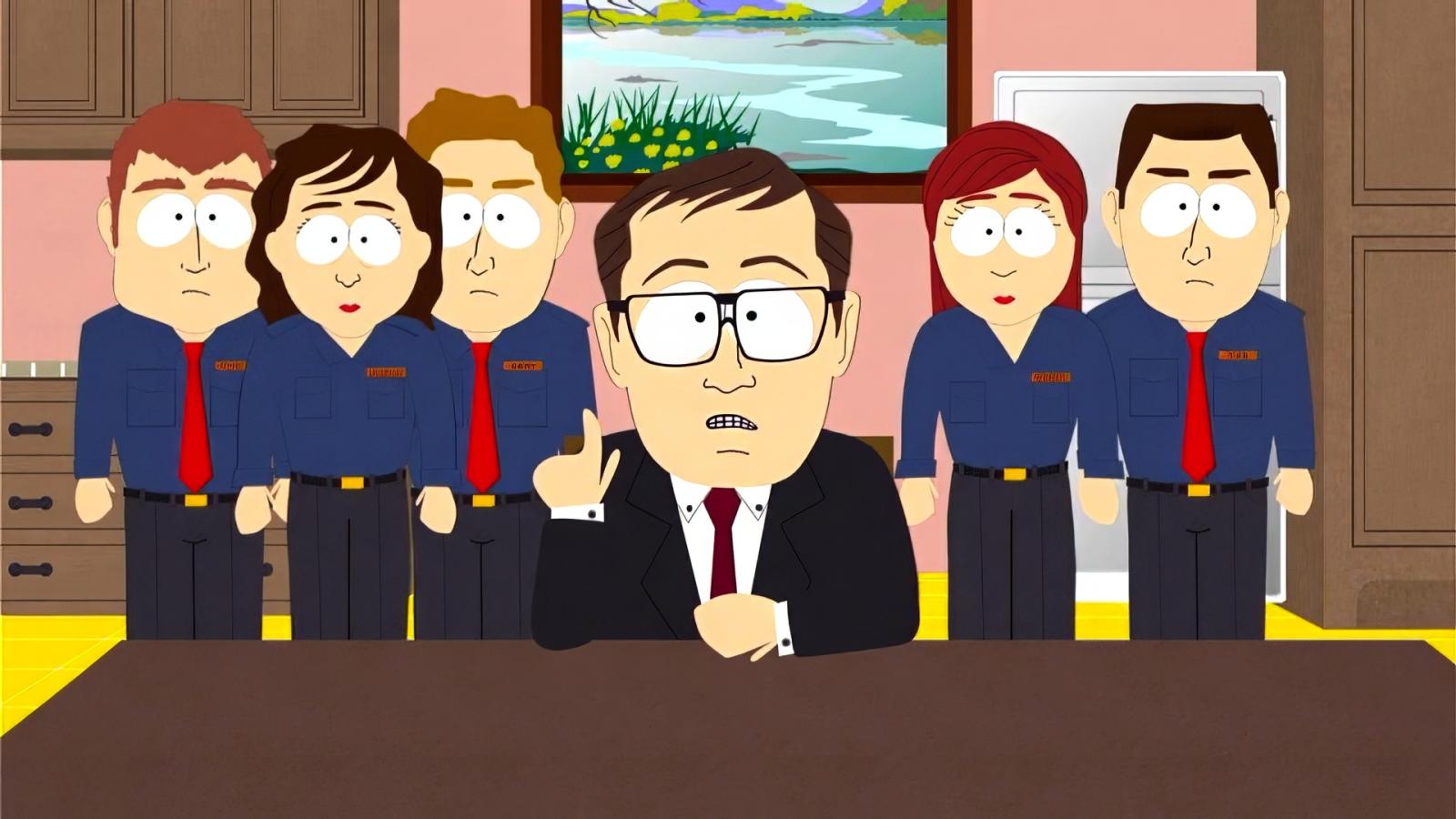
Leave it to "South Park" to not shy away from controversy. This episode, which skewers Scientology and its high-profile member, Tom Cruise, created a veritable media firestorm when it aired. Not only did it lead to Isaac Hayes (voice of Chef and a Scientologist) leaving the show, but it also supposedly prompted threats of litigation from Cruise.
3. "The X-Files: Home" (Season 4, Episode 2)
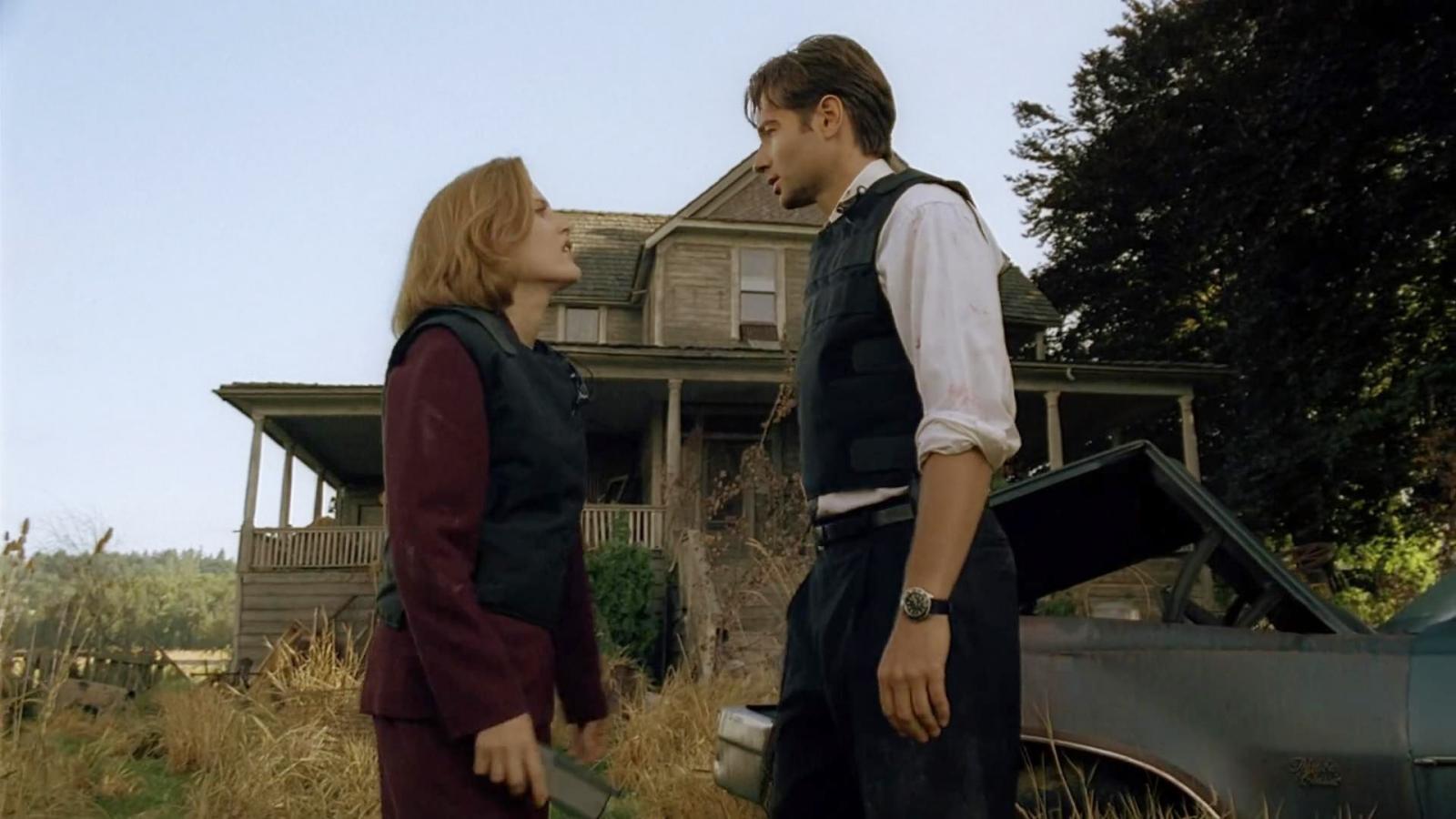
The only "X-Files" episode to carry a viewer discretion warning, "Home" is one of the most disturbing and controversial episodes in TV history. It delves into the twisted tale of the Peacock family, who've been inbreeding for generations.
With its horrifying themes and visceral violence, the episode was deemed so disturbing that Fox vowed never to air it again after its initial broadcast. Despite, or perhaps because of, its controversy, "Home" remains a defining episode of "The X-Files," demonstrating its willingness to push boundaries.
4. "13 Reasons Why: Tape 7, Side A" (Season 1, Episode 13)
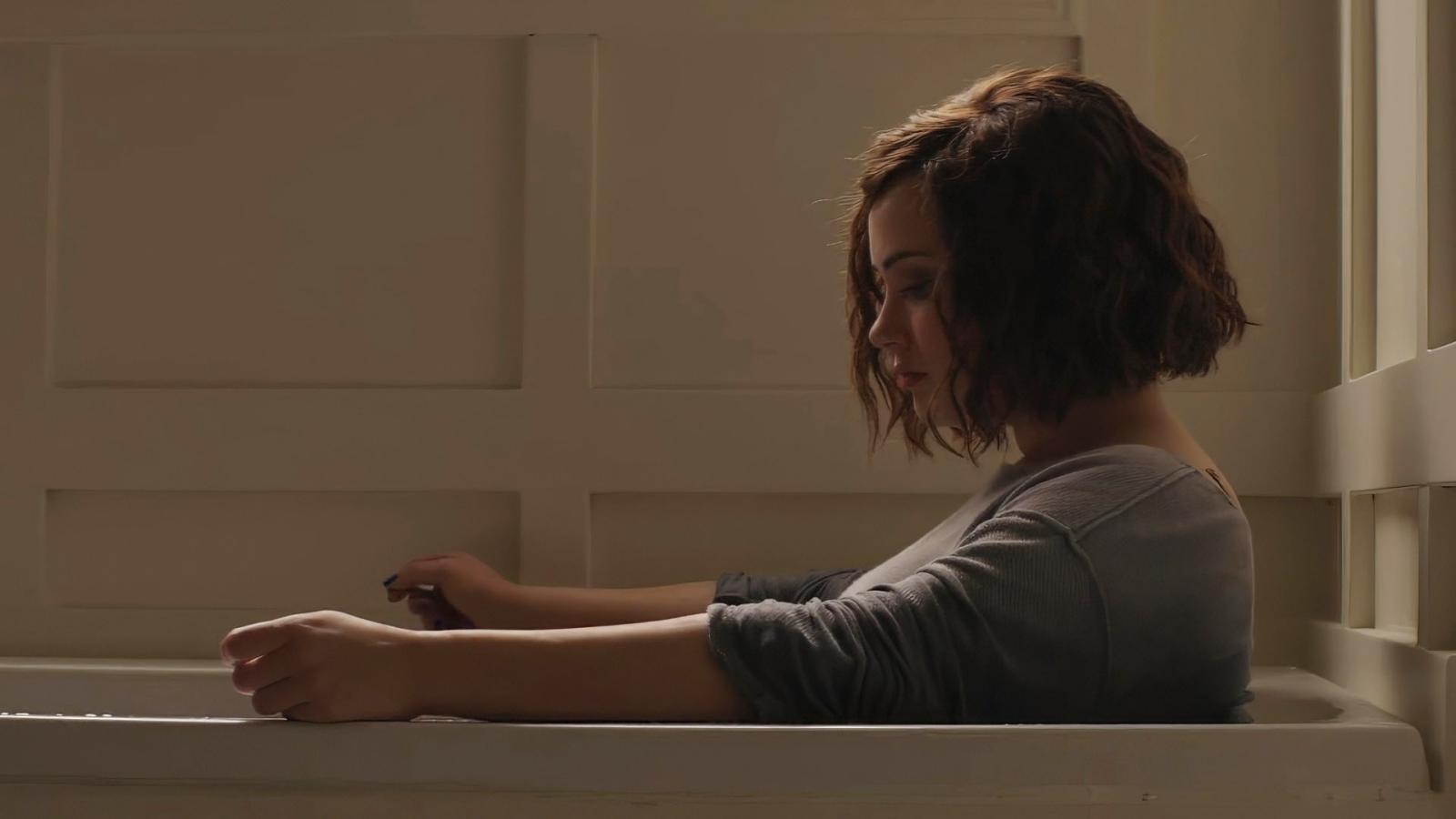
This Netflix drama became the subject of controversy for its graphic depiction of suicide in the final episode of its first season. While some praised the show for raising awareness about teen suicide, many experts and parents argued that it risked glamorizing self-harm and lacked adequate content warnings.
The resulting backlash prompted Netflix to add additional viewer warnings and even led to a retroactive edit, removing the graphic suicide scene two years after the episode's initial release.
5. "Seinfeld: The Puerto Rican Day" (Season 9, Episode 20)
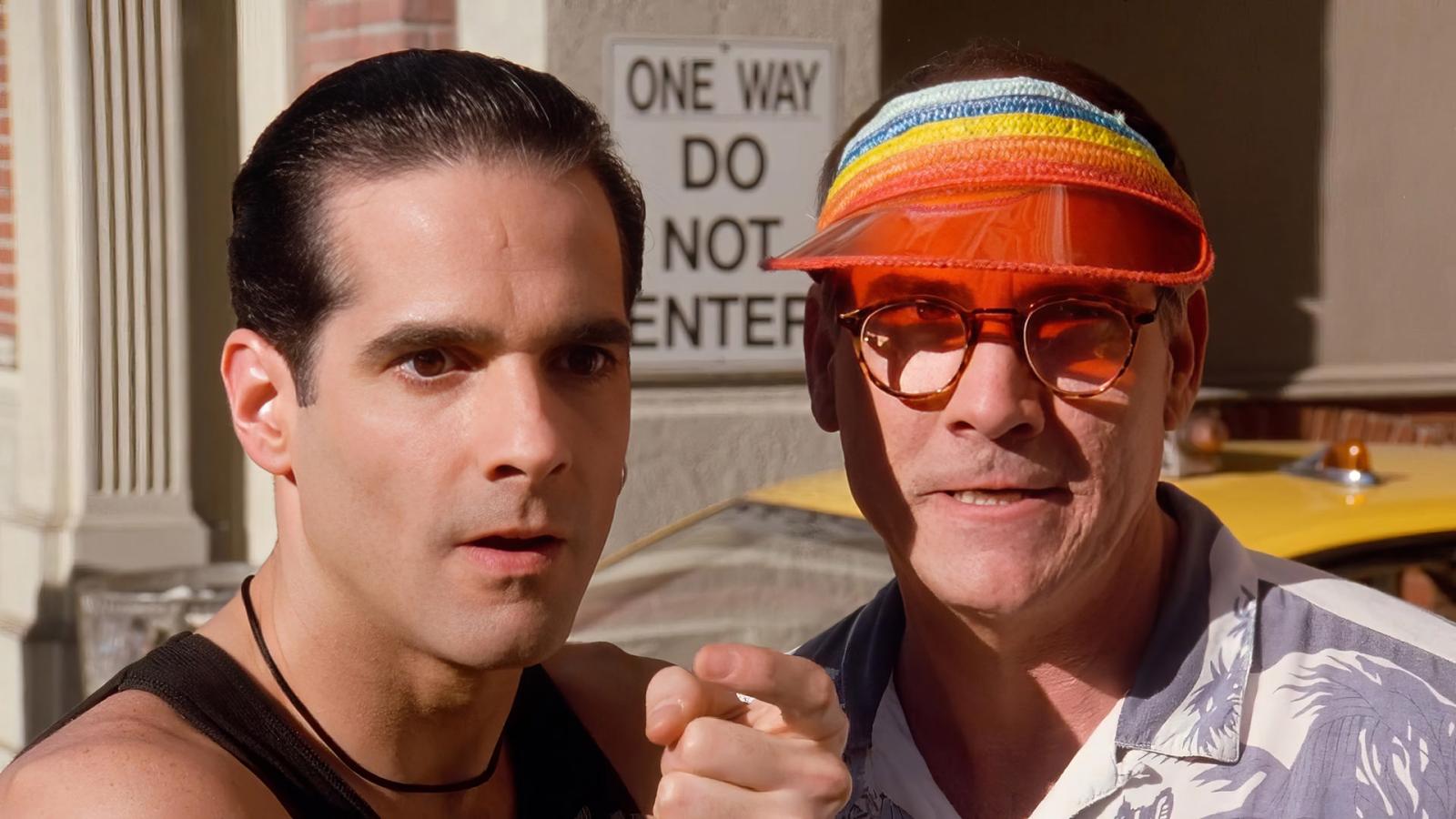
This penultimate episode of "Seinfeld" was mired in controversy for its depiction of the Puerto Rican Day Parade. When Kramer accidentally sets a Puerto Rican flag on fire and then stomps on it to put it out, outrage ensued. The National Puerto Rican Coalition protested, leading NBC to issue an apology and even pull the episode from syndication for a time. Despite "Seinfeld's" status as a beloved sitcom, this incident proved to all of us that even comedic giants aren't immune to missteps in tackling cultural sensitivity.
6. "The Simpsons: Blame It On Lisa" (Season 13, Episode 15)

"The Simpsons" has courted controversy on several occasions, but the episode "Blame It On Lisa" stirred international outrage. The Simpson family's trip to Brazil was filled with stereotypes, misrepresentations, and even the kidnapping of Homer by a Rio slum gang.
The portrayal of Brazil was so offensive that it led to a diplomatic row, with the Rio tourist board threatening to sue the producers for damaging the city's international image. The episode remains a dark spot on the series to this day.
7. "Game of Thrones: Unbowed, Unbent, Unbroken" (Season 5, Episode 6)
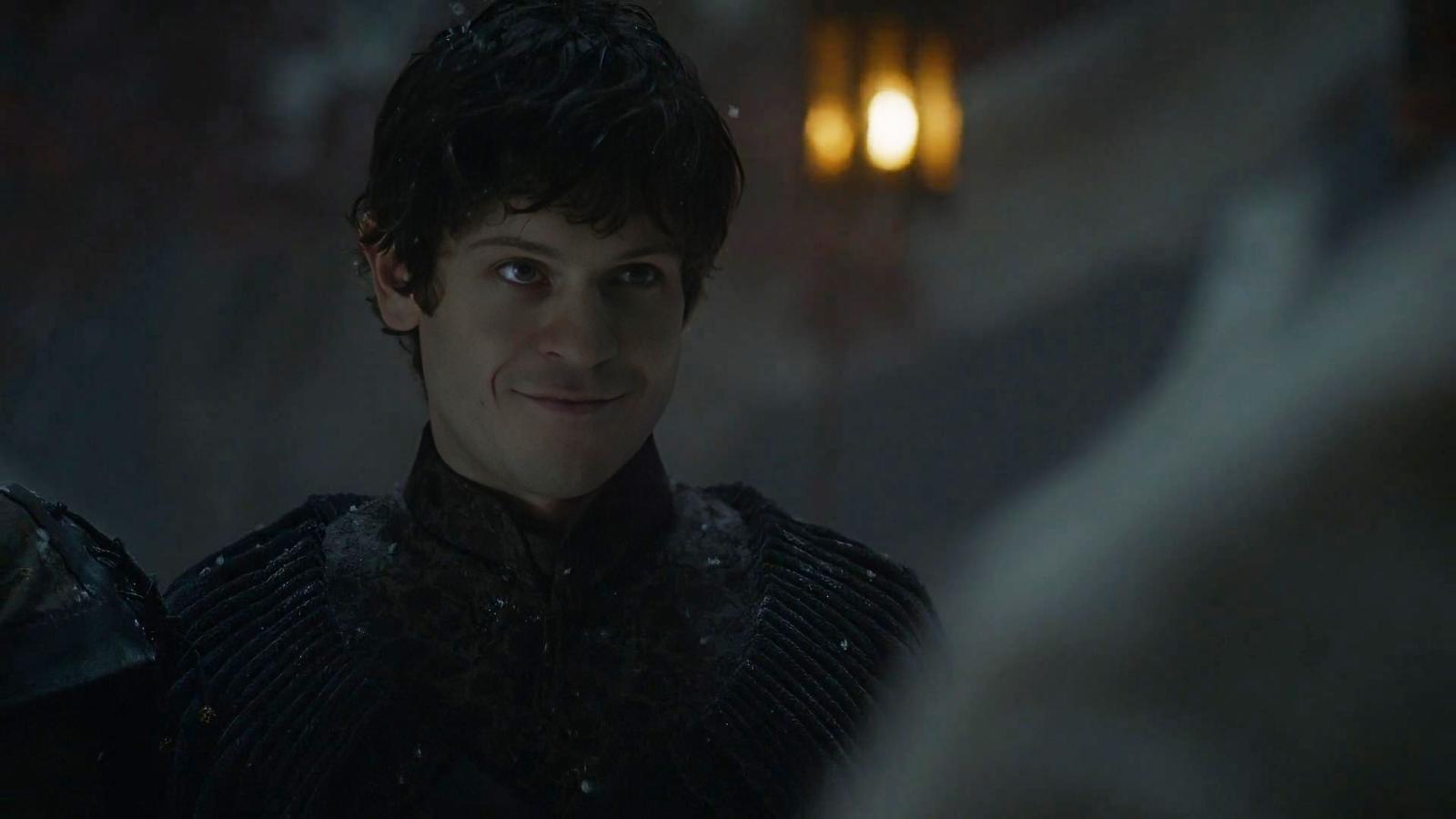
HBO's wildly popular fantasy series "Game of Thrones" has been no stranger to controversy throughout its run, but the episode "Unbowed, Unbent, Unbroken" ignited a particular fury. The graphic sexual assault of Sansa Stark by her husband, Ramsay Bolton, on their wedding night drew widespread criticism from fans and critics alike. Many argued the scene was gratuitous and a mishandling of the character's arc.
8. "Black Mirror: Shut Up and Dance" (Season 3, Episode 3)
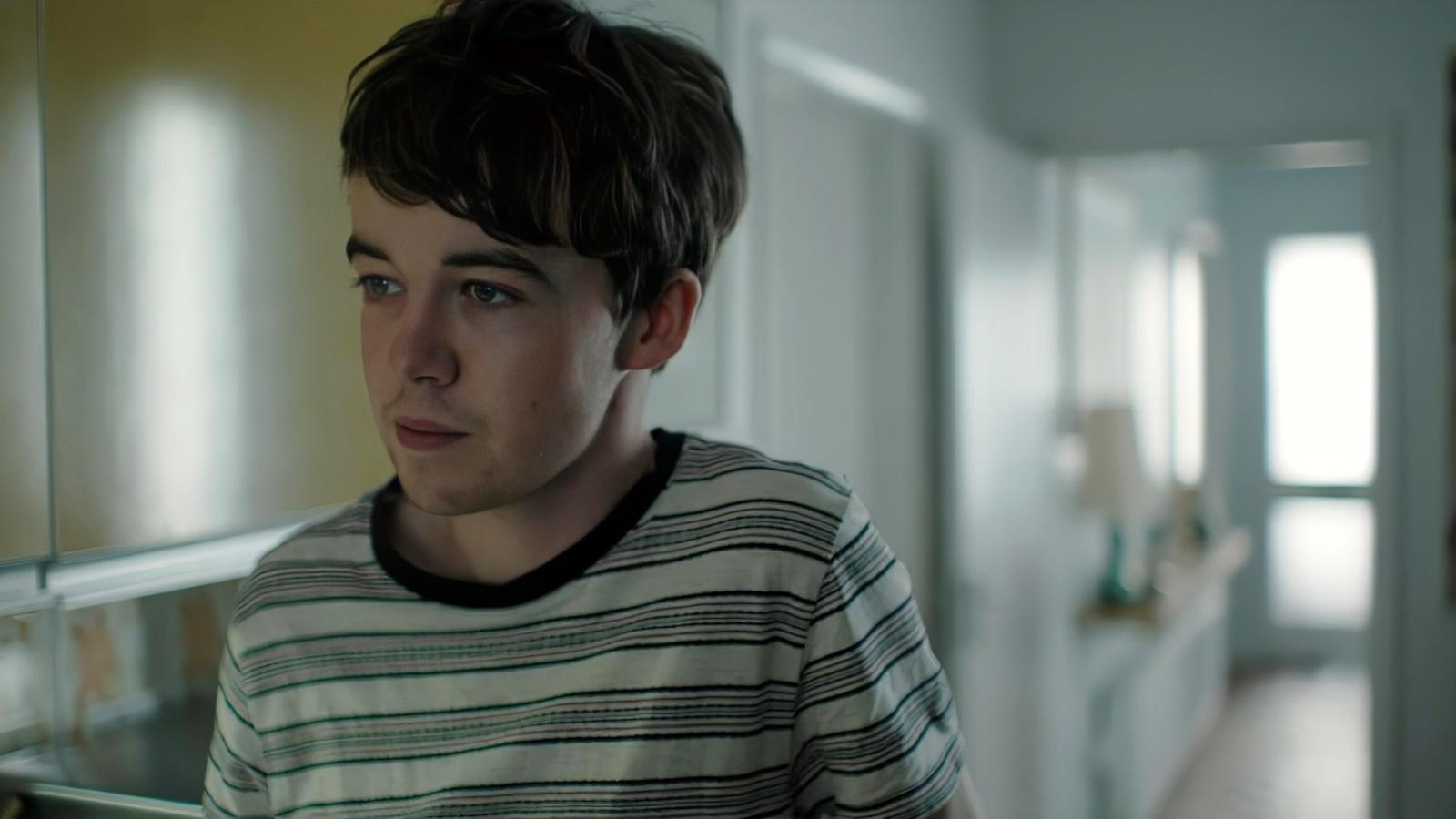
"Black Mirror" is known for its unsettling takes on technology, but "Shut Up and Dance" ventured into particularly controversial territory. The episode's narrative, which follows a teenager being blackmailed into increasingly horrific acts to keep his pornography use secret, culminates in a shocking twist revealing that the material he was viewing was child pornography. The reveal sparked intense debate among viewers about the protagonist's actions and the episode's treatment of such a sensitive topic.
9. "Brass Eye: Paedogeddon!" (Special Episode)
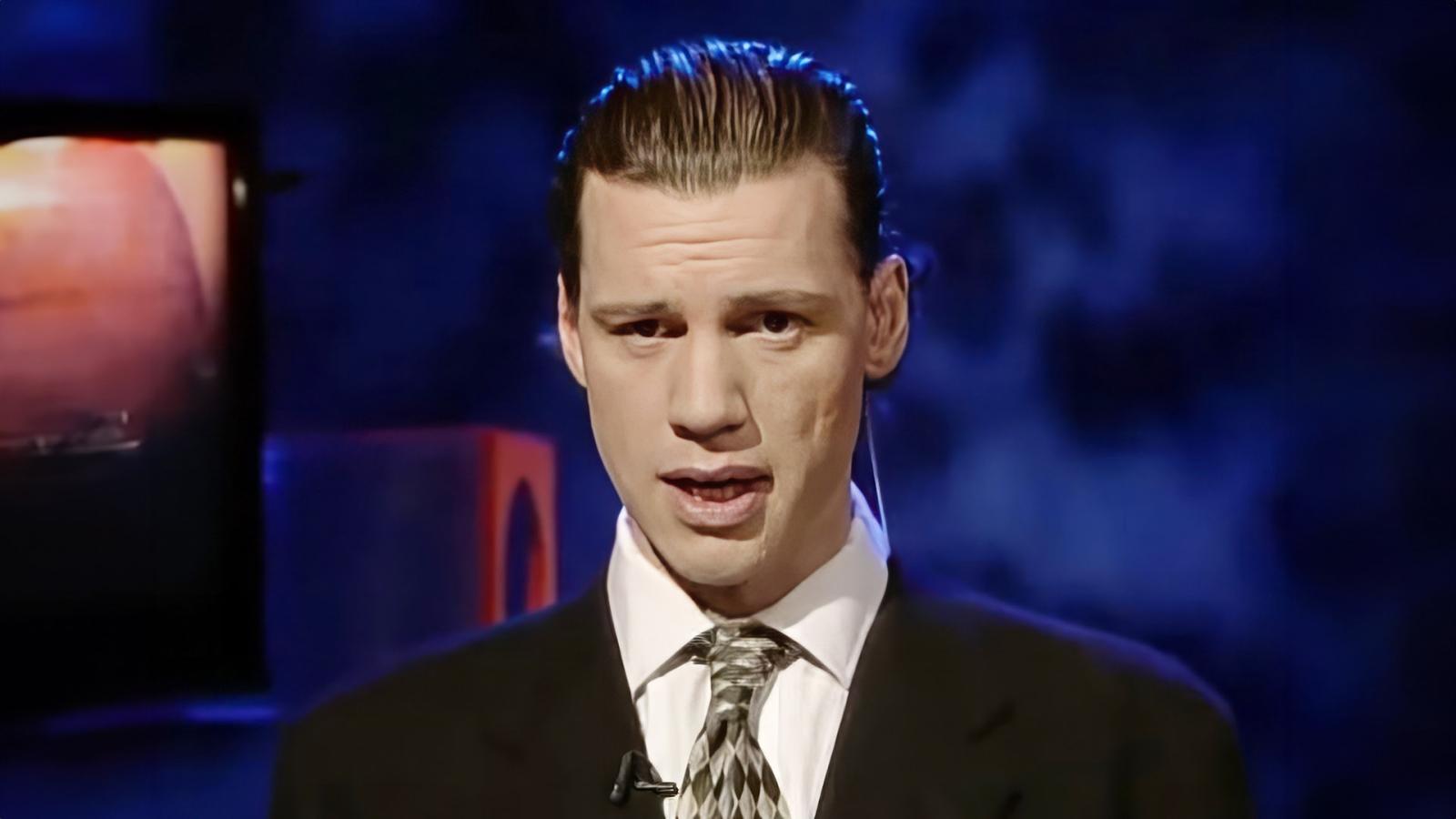
This British satirical series is notorious for its controversial themes, but the episode titled "Paedogeddon!" drew unprecedented outrage. Airing in 2001, it parodied media hysteria surrounding pedophilia. But the satirical context didn't protect it from controversy; many critics, viewers, and even politicians condemned the episode for trivializing such a serious issue.
The backlash was so severe that it led to one of the highest numbers of complaints in UK television history. Despite this, the episode has been defended for its audacious critique of media sensationalism.
10. "Dexter: Remember the Monsters?" (Season 8, Episode 12)
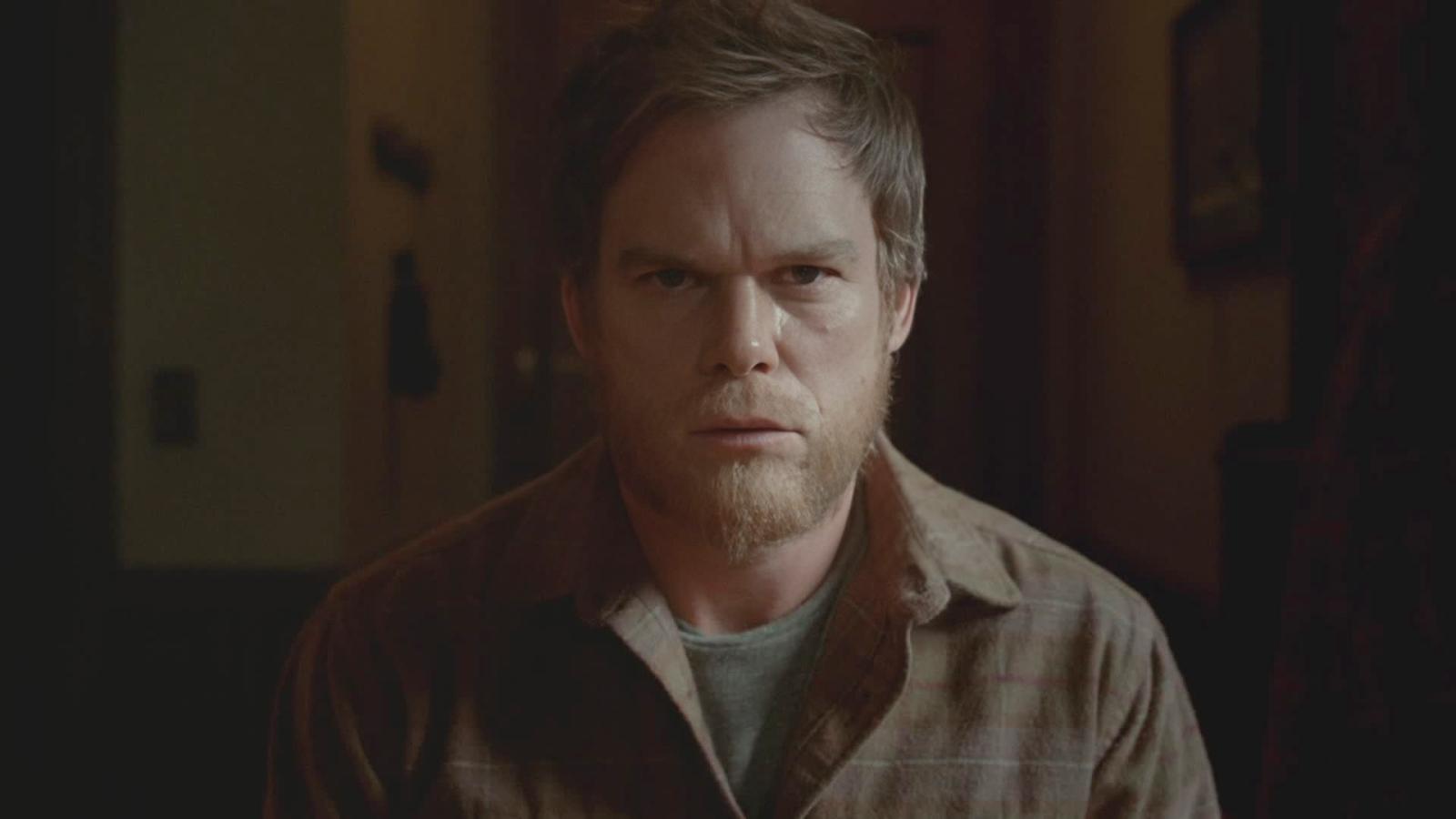
While "Dexter" was known for its morally complex narrative — following a serial killer with a "code" — the series finale ignited a firestorm for entirely different reasons. Critics and fans alike decried the episode's lack of satisfying narrative conclusion, with Dexter faking his death and starting a new life as a lumberjack.
The controversy wasn't so much about inappropriate or sensitive content, but instead centered on the anger and disappointment many felt towards what they viewed as a betrayal of the show's characters and storylines.
11. "Family Guy: When You Wish Upon a Weinstein" (Season 3, Episode 22)
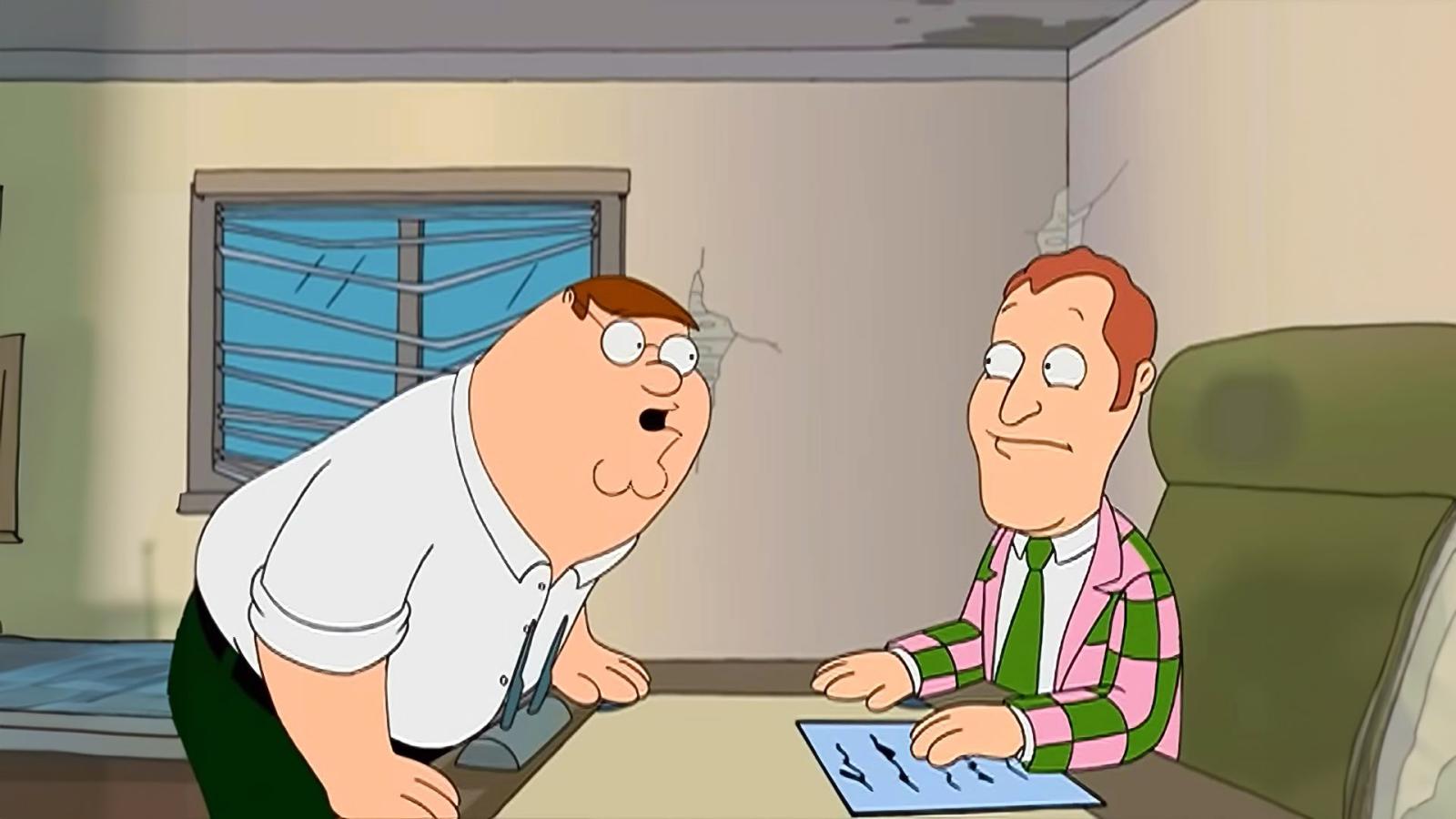
"Family Guy" has been a lightning rod for controversy numerous times throughout its run, but "When You Wish Upon a Weinstein" drew more ire than usual. In the episode, Peter Griffin wishes for a Jewish person to help him with his financial troubles, leading to a plethora of Jewish stereotypes and jokes.
The episode was initially deemed too controversial to air on Fox and was only later released on DVD. It wasn't broadcast on network television until years later.
12. "Star Trek: Plato's Stepchildren" (Season 3, Episode 10)
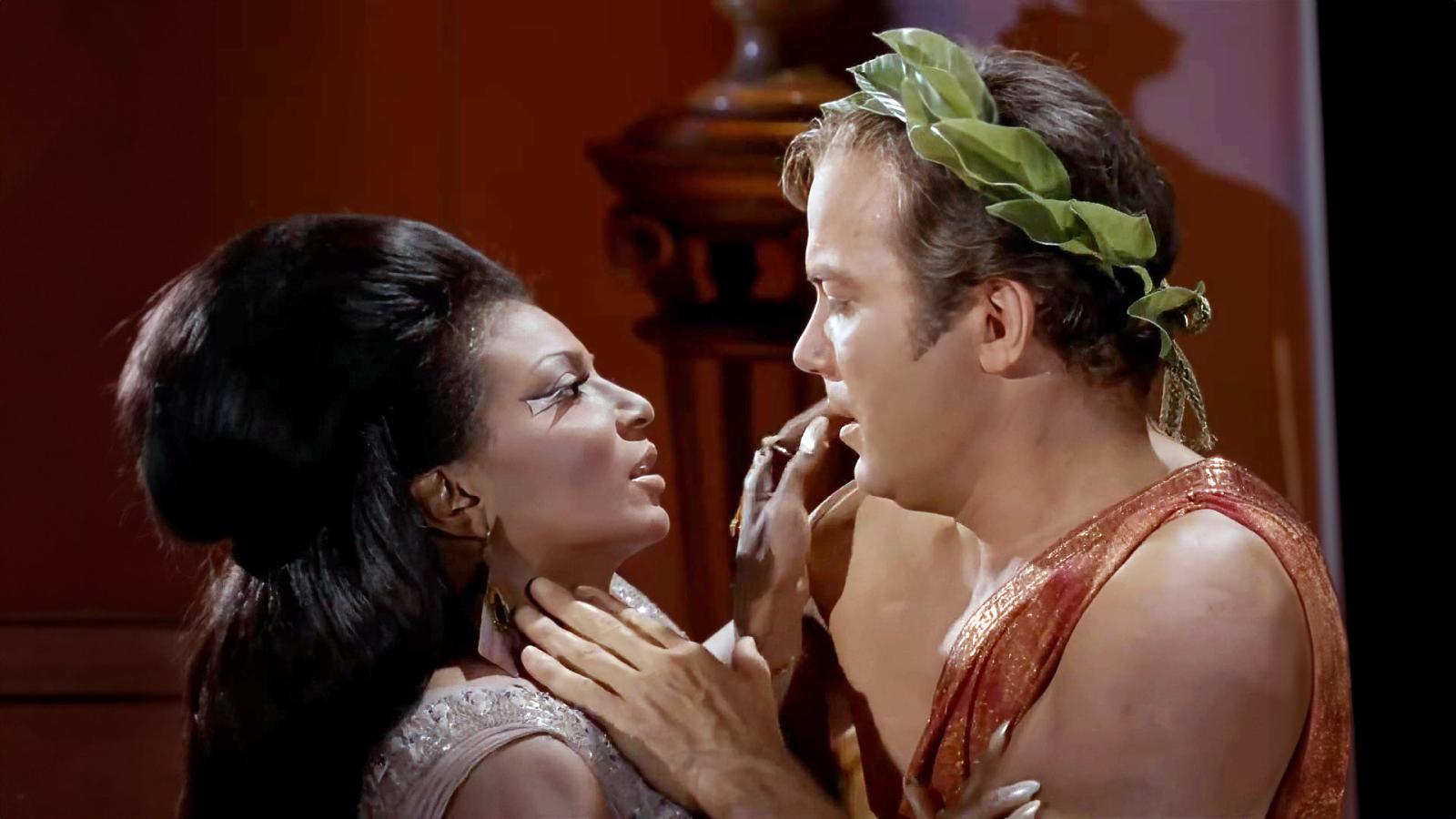
Sometimes controversy stems not from outrage, but from challenging societal norms. This was the case with "Plato's Stepchildren," an episode of the original "Star Trek" series. It included the first interracial kiss on American network television, between Captain Kirk and Lieutenant Uhura.
This event, revolutionary for 1968, faced significant opposition from some viewers and broadcasters in certain regions. Despite this, the episode went on to become a significant milestone in television history.